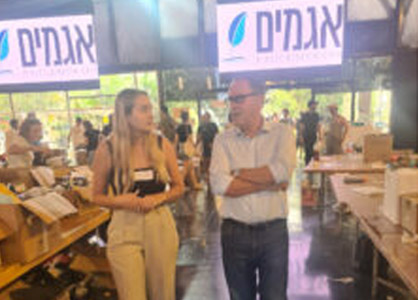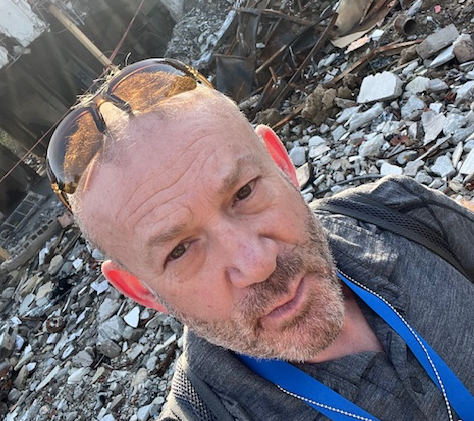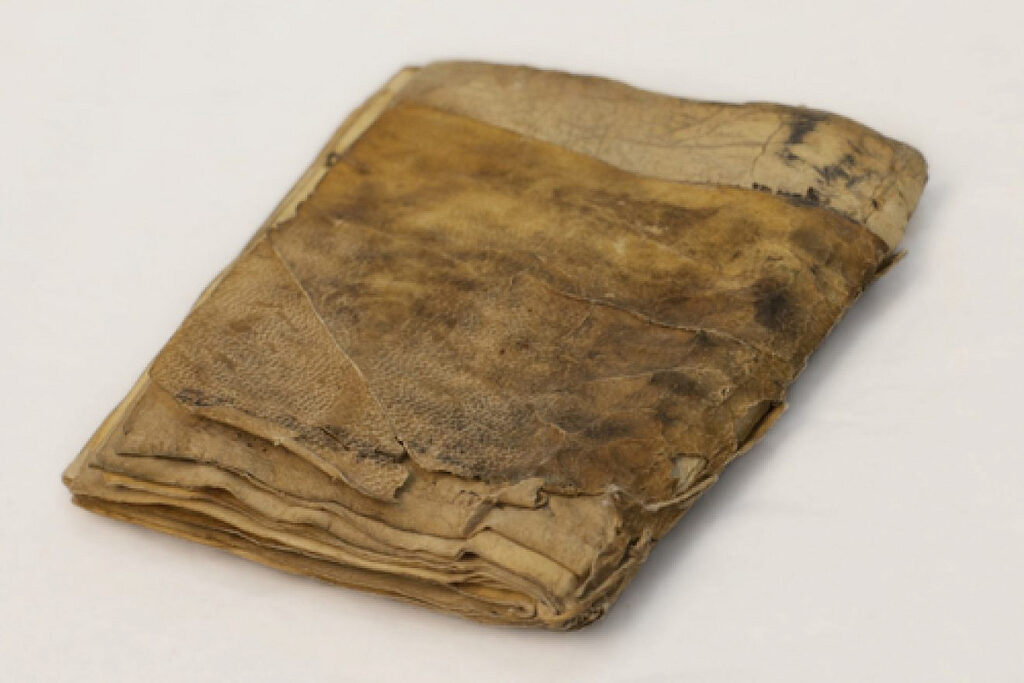
The Dead Sea Bubbles with Life
September 26, 2011
Ben-Gurion University of the Negev (BGU) researchers have discovered deep freshwater springs on the Dead Sea floor that feed into this rapidly dwindling body of water.
In the first-ever scientific Dead Sea diving expedition, the researchers also found new types of micro-organisms growing around fissures in the sea floor as part of a collaboration with scientists from the Max Planck Institute of Marine Microbiology in Germany.
View movie of the Dead Sea dive and springs here>>
The saltiest body of water on earth, diving expeditions have been up to now too dangerous to undertake. Using highly skilled divers and high-tech equipment, BGU sent the team to study the springs they had previously detected but were unable to see from the surface.
The Dead Sea has been rapidly evaporating approximately three feet (one meter) per year, as its main source of fresh water, the Jordan River, has been siphoned off just below the Sea of Galilee for drinking by Israelis, Palestinians and Jordanians.
These Israeli and German scientists have been researching groundwater springs which discharge from the sea floor to understand the impact of this process on the unique Dead Sea ecosystem.
BGU Prof. Jonathan Laronne and research student Yaniv Munwes in BGU’s Department of Geography and environment Researchal Development, working with divers, devised the first system to directly measure spring discharge and study the structure of the upward jet-like, plume flow.
Their study reveals complex springs hundreds of feet long and as deep as 90 feet (30 meters). The springs appear from the sea floor through craters as large as 45 feet (15 meters) in diameter and 60 feet (20 meters) deep — with steep, finely laminated walls and alternating layers of sediment and minerals.
“By developing a measurement system for these springs, we will be able to determine more accurately how much water is actually entering the Dead Sea,” Prof. Laronne says.
“While researchers have known for decades that the ‘Dead’ Sea was a misnomer, the rich variety of life as evidenced in the vicinity of the springs was unexpected,” says Dr. Danny Ionescu of the Microsensor Group, Max Planck Institute for Marine Microbiology, Bremen, Germany who is leading the study of the micro-organisms.
“While there are no fish present, carpets of micro-organisms that cover large seafloor areas contain considerable richness of species,” he says. Ionescu has shown that some had been previously unknown to live in such highly saline environment Researchs while others were newly discovered species.
 “The micro-organisms in the Dead Sea water mainly belong to the domain Archaea and they number around 1,000 to 10,000 per ml, much lower than regular sea water,” according to Ionescu. “Never before have microbial mats/biofilms been found in the Dead Sea and not much is known about sediment micro-organisms in the Dead Sea.”
“The micro-organisms in the Dead Sea water mainly belong to the domain Archaea and they number around 1,000 to 10,000 per ml, much lower than regular sea water,” according to Ionescu. “Never before have microbial mats/biofilms been found in the Dead Sea and not much is known about sediment micro-organisms in the Dead Sea.”
The team is planning a follow-up expedition to the Dead Sea in October.
PHOTO AND VIDEO CREDIT: Dr. Christian Lott/the Hydra Institute
ABOUT AMERICANS FOR BEN-GURION UNIVERSITY
By supporting a world-class academic institution that not only nurtures the Negev, but also shares its expertise locally and globally, Americans for Ben-Gurion University engages a community of Americans who are committed to improving the world. David Ben-Gurion envisioned that Israel’s future would be forged in the Negev. The cutting-edge research carried out at Ben-Gurion University drives that vision by sustaining a desert Silicon Valley, with the “Stanford of the Negev” at its center. The Americans for Ben-Gurion University movement supports a 21st century unifying vision for Israel by rallying around BGU’s remarkable work and role as an apolitical beacon of light in the Negev desert.
About Ben-Gurion University of the Negev
Ben-Gurion University of the Negev embraces the endless potential we have as individuals and as a commonality to adapt and to thrive in changing environments. Inspired by our location in the desert, we aim to discover, to create, and to develop solutions to dynamic challenges, to pose questions that have yet to be asked, and to push beyond the boundaries of the commonly accepted and possible.
We are proud to be a central force for inclusion, diversity and innovation in Israel, and we strive to extend the Negev’s potential and our entrepreneurial spirit throughout the world. For example, the multi-disciplinary School for Sustainability and Climate Change at BGU leverages over 50 years of expertise on living and thriving in the desert into scalable solutions for people everywhere.
BGU at a glance:
20,000 students | 800 senior faculty | 3 campuses | 6 faculties: humanities & social sciences, health sciences, engineering sciences, natural sciences, business & management, and desert research.
For all press inquiries, please contact:
James Fattal, J Cubed Communications
516.289.1496



